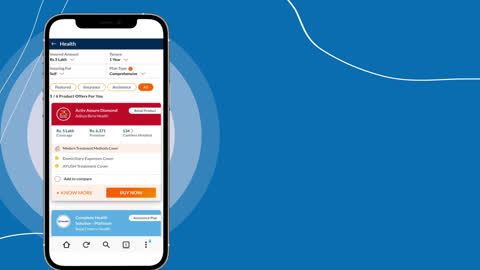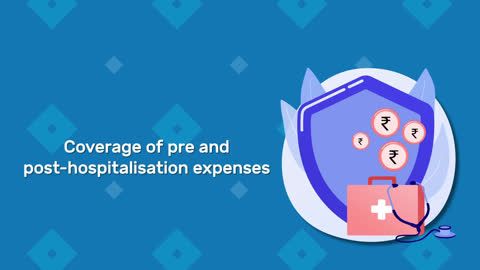Poppy seeds—known as khus khus in India—are more than just a culinary spice. These tiny kidney-shaped seeds are packed with vital nutrients and wellness-promoting compounds. Used in traditional Indian, Mediterranean, and Middle Eastern cuisines, poppy seeds offer benefits for your brain, bones, heart, and more.
Let’s uncover what poppy seeds are, how they help your body, and the precautions to take while using them.
What is Poppy Seeds?
Poppy seeds are harvested from the dried seed pods of the Papaver somniferum plant. Despite the plant’s controversial history (linked to opium), the seeds themselves contain no narcotic properties when washed and processed correctly. In Indian kitchens, poppy seeds are commonly used in gravies, sweets, chutneys, and even home remedies.
Available in white (Indian khus khus), black, and blue varieties, these seeds are prized for their nutty taste, high oil content, and rich nutritional profile.
Health Benefits Of Poppy Seeds
Poppy seeds are tiny but packed with nutrients, offering a range of health benefits. One of the key benefits of poppy seeds is their high content of calcium, iron, and magnesium, which support bone health and energy production. They are also rich in dietary fiber, helping improve digestion and maintain healthy cholesterol levels. The antioxidants in poppy seeds contribute to reduced inflammation and better heart health. Additionally, their natural oils help keep skin hydrated and radiant. Including poppy seeds in your diet—whether in baked goods, salads, or smoothies—is an easy way to enhance both flavor and nutrition.
Here are the most science-backed and traditional health benefits of poppy seeds:
- Promotes bone health: Rich in calcium, phosphorus, and magnesium, poppy seeds help strengthen bones and prevent conditions like osteoporosis.
- Supports heart health: Loaded with omega-6 fatty acids and antioxidants, these seeds help reduce LDL cholesterol and promote cardiovascular wellness.
- Aids in digestion: The dietary fiber in poppy seeds promotes regular bowel movements and eases digestion-related issues like constipation.
- Boosts brain function: Poppy seeds are a natural source of iron and omega-3s, supporting memory, alertness, and cognitive health.
- Improves sleep quality: Due to their calming properties and presence of certain alkaloids, they help relieve stress and promote better sleep.
- Supports fertility: In traditional medicine, poppy seed oil is believed to improve female fertility by enhancing tubal function and balancing hormones.
- Enhances skin and hair health: Zinc, iron, and antioxidants in poppy seeds help maintain glowing skin and may aid in reducing dandruff and hair fall.
- Acts as a natural pain reliever: Poppy seed extracts have mild analgesic properties that can help reduce pain and inflammation naturally.
- Boosts immunity: With essential nutrients like zinc, iron, and antioxidants, poppy seeds contribute to stronger immune responses.
- Regulates blood pressure: Their potassium content helps in managing high blood pressure by easing tension in blood vessels.
While nutrient-rich foods like poppy seeds are excellent for prevention, health insurance protects you from the real cost of late detection, chronic illnesses, and specialist care. Compare plans in 2 clicks




